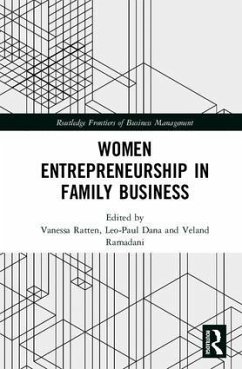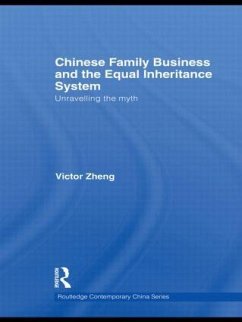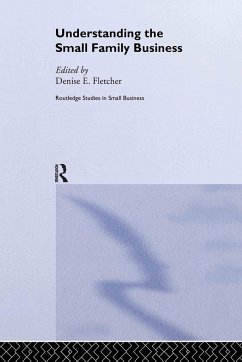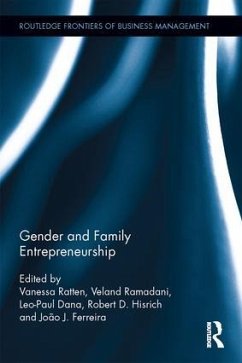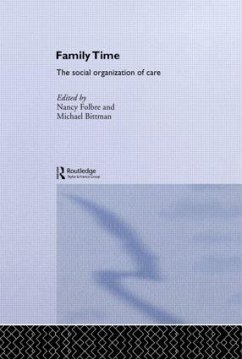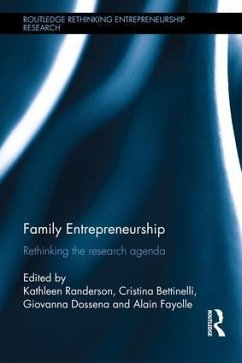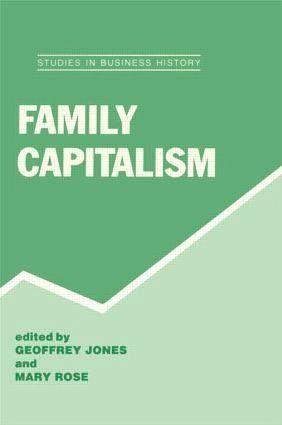
Family Capitalism
Versandkostenfrei!
Versandfertig in 1-2 Wochen
180,99 €
inkl. MwSt.
Weitere Ausgaben:

PAYBACK Punkte
90 °P sammeln!
First published in 1994. The articles in this collection are concerned with family-owned business enterprises and span three centuries and three continents. Family firms account for between 75 per cent and 99 per cent of all companies in the EC, and 65 per cent of GDP and employment in Europe. While the huge majority of family businesses are very small-scale, many are not. In the United States one-third of Fortune 500 companies are currentlyfamily-controlled.





